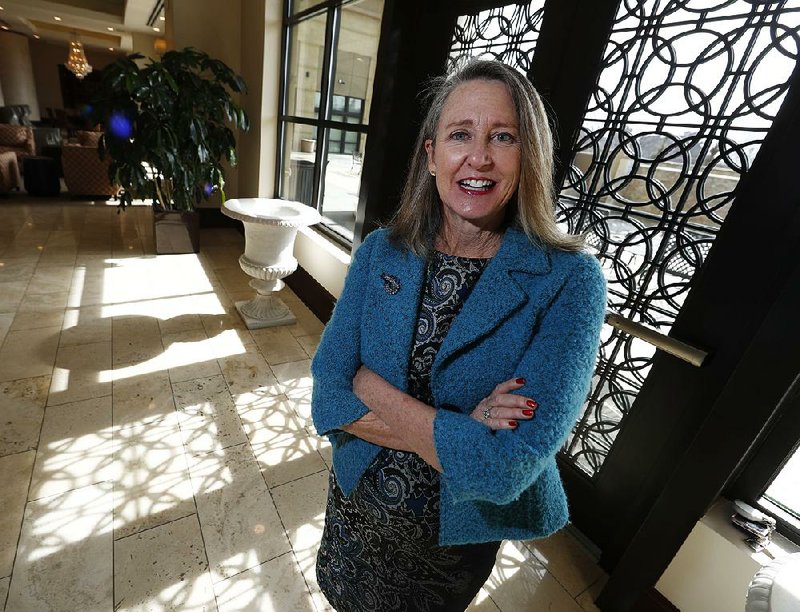NEW YORK -- Within three months, one of MacLaren Cummings' staffers passed away from cancer and then both his own mother and the mother of an employee were diagnosed with breast cancer. Although he was the CEO, Cummings says, "the last thing I could think about was work."
That painful stretch in 2011 planted the seeds for a paid family leave policy at Terakeet, his internet marketing company based in Syracuse, N.Y.
"It changed my perspective on work/life balance and the importance of people being able to have time to spend with families and loved ones and not worry about a paycheck," Cummings says.
Paid time off to care for ill family members is a benefit many employees wish for, but it's hard to come by -- especially at very small companies with limited financial resources. But a quarter-century after the Family and Medical Leave Act gave employees at larger businesses up to 12 weeks of unpaid time off for their medical needs or those of family members, a growing movement aims to help staffers at small businesses get paid leave.
Advocates for paid time off are lobbying for more states to get on board. Right now, paid family leave is the law in just four states, with one more and Washington, D.C., set to implement it in two years. Company owners elsewhere who can afford to provide it know it's not only compassionate but also makes them more competitive in a tight labor market.
Paid leave for caregiving is separate from parental leave following a birth or adoption, a benefit more common at large corporations but that many small companies also struggle to provide. The Family Medical Leave Act requires employers with 50 or more workers to give them unpaid leave for their own medical needs, after the birth or adoption of a child or to care for an ill family member. Workers who take leave are guaranteed a job to come back to.
Some state and local laws allow workers at smaller companies to take unpaid time off for caregiving. Thirteen states and Washington, D.C., require employers to give parents and caregivers unpaid leave of varying lengths for different situations; the majority apply to businesses with under 50 employees.
But paid family leave, including time for caregivers, is the law only in California, New Jersey, New York and Rhode Island, which have employee and/or employer-funded insurance pools to partially replace workers' wages; Washington state and Washington, D.C., will do so starting in 2020. Workers in a growing number of states, cities and counties can accrue paid sick days that can be used to care for a relative; the city council in Austin, Texas, passed its sick leave law on Feb. 16.
Campaigns are underway to enact similar paid family leave laws in other states including Massachusetts, Vermont, Connecticut, Oregon, Hawaii, Colorado and Minnesota, according to Ellen Bravo, co-director of Family Values at Work, an organization that advocates for paid leave.
Many companies of all sizes offer paid parental leave; the amount offered varies widely, ranging from one or two weeks to 20 or more at big tech companies. Netflix offers 52 weeks. Paid caregiving leave is rarer in corporate benefits packages, although some big companies like Microsoft and Starbucks do offer it.
Terakeet gives staffers eight weeks leave at full pay and four weeks at half pay during a 12-month period for situations similar to those covered by the FMLA. Cummings began offering leave more than three years ago, before New York's family leave law was enacted in 2016.
Some small businesses offer caregiving leave because the owners have emotional ties to staffers, says Stephanie Sweitzer, an employment attorney with Morgan Lewis in Chicago.
"They have a much more family-like atmosphere," she says. "You want to take care of your workers. You see them every day. They may be going through some family illness or struggling after a birth and you want to help them."
Economist Eileen Appelbaum, who has interviewed business owners to find out what kinds of benefits they offer, says many would provide leave if they could.
"Most small employers told us regretfully, 'We value these employees, we know them, we know their families. We want to give them the time, but we don't have the ability to provide them with pay,'" says Appelbaum, co-director of the think tank Center for Economic and Policy Research.
Forcing staffers to choose between caring for a family member and their paychecks doesn't make sense to Lisa Goodbee. She gives the 17 staffers at her civil engineering firm six weeks at full pay and 12 at half pay for parental or caregiving leave.
"I spent a lot of time and energy in training people. When they have an incident, a new baby a dying parent or whatever it might be, I want to try and do whatever I can to keep them," says Goodbee, president of Goodbee & Associates in Denver.
SundayMonday Business on 02/25/2018
